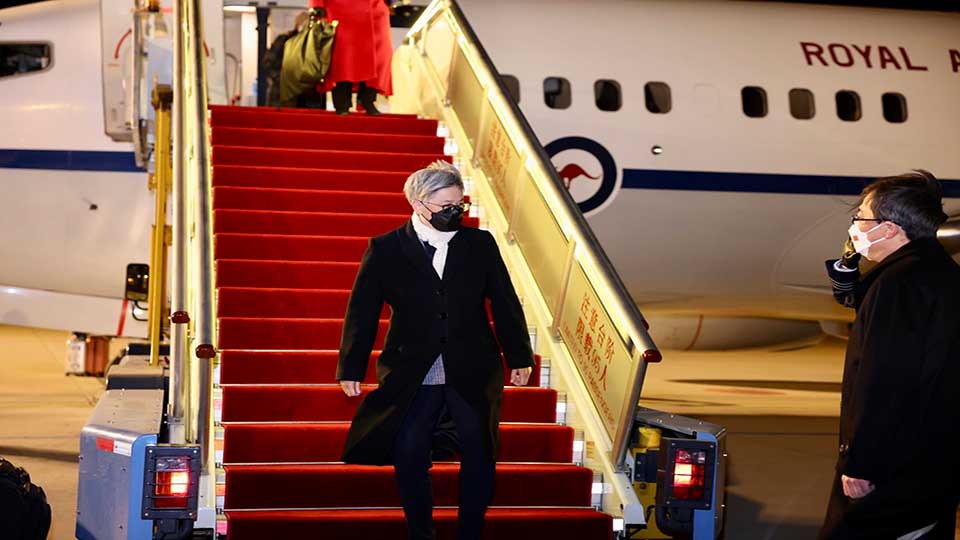Australian Foreign Minister Penny Wong arrived in the Chinese capital on Tuesday night for a landmark visit that points to a thaw in the icy relations between the two Pacific powers. In fact, she’s the first Australian FM to travel to Beijing since ties began to deteriorate more than three years ago.
Wong is going to meet her Chinese counterpart, Wang Yi, on Wednesday and it’s widely believed that trade issues are going to be her top priority in those talks. Specifically, the Australians want the Chinese to lift $20 billion of what are effectively economic sanctions against their products, including coal, wine, wheat, and seafood among many other exports.


